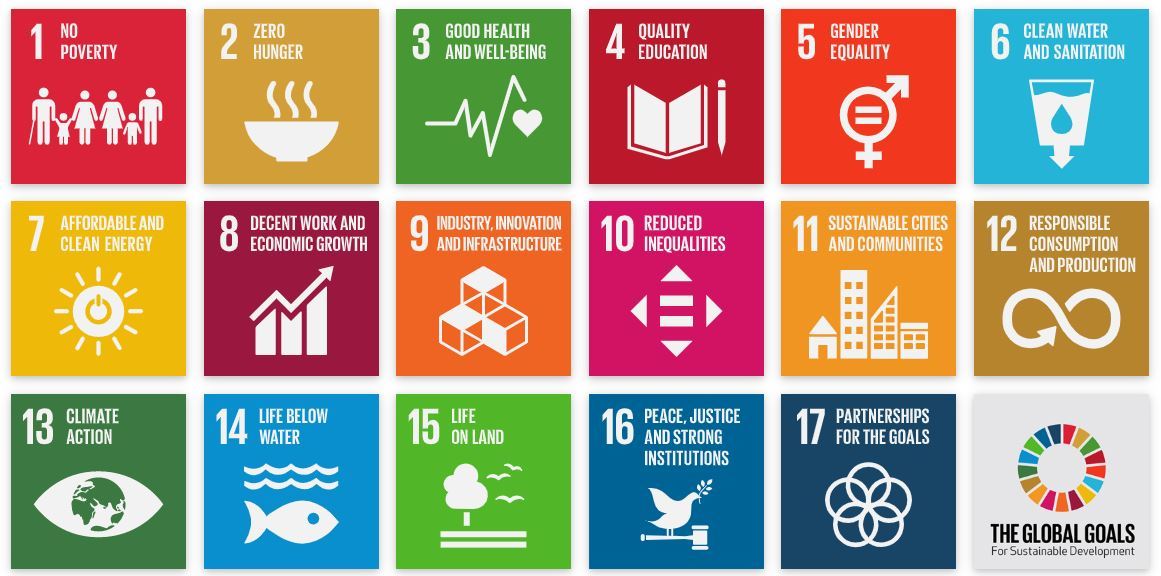Four consecutive seasons of failed rainy seasons, sharp increases in food prices, and conflict have pushed children and families in the Horn of Africa to the brink of climate change-induced catastrophe.
Exceptional drought across large areas of Somalia, Ethiopia, Kenya, Eritrea and Djibouti has unleashed hunger, thirst, displacement and death on already vulnerable communities as crops fail and livestock die. By early October 2022, about 8.5 million people – 4.2 million of them children – were facing severe water shortages, while 20 million people required immediate food assistance as a result of the drought (UNICEF).
Communities have been forced to take extreme measures to survive, with thousands of children and families leaving their homes out of pure desperation in search of water, food, pasture, and treatment for sick children. The situation continues to only worsen.
Producing groundwater from deep aquifers could be a game changer as it can help to ease or reduce the effects of current and future droughts. It is a reliable source of water since it is not dependent on immediate climate changes, and it is a natural storage system that protects water from contamination.
Ensuring access to water (SDG-6) in East Africa has a direct impact on all other SDGs, and more specifically on:
- Improved life quality: access to drinking water
- Food security: water for irrigation
- Economic development: Water for livestock
